SUPPLEMENTARY BUDGET
입력 2019.04.25 (15:05)
수정 2019.04.25 (16:50)
읽어주기 기능은 크롬기반의
브라우저에서만 사용하실 수 있습니다.
[Anchor Lead]
The government has earmarked more than six trillion won in additional funds to fight air pollution in the nation, and respond to the economic downturn. It's the third supplementary budget of the Moon Jae-in administration. The measure is aimed at reducing seven thousands tons of dust and boosting the nation's economic growth.
[Pkg]
The government has earmarked a supplementary budget of 6.7 trillion won. About 1.5 trillion won will go to fighting severe dust pollution in the nation. It's the largest budget set aside for a single environmental problem thus far. To reduce car emissions, the government will provide larger subsidies to more people who scrap old diesel cars or replace engines in construction machines. Also, funding will be provided for the installation of 63 dust measurement networks to enhance accuracy. Protective masks will be provided to some 2.5 million workers working outdoors, and air purifying equipment will be installed in welfare facilities and subway stations. About 700 billion won will go to improving wildfire response measures and renovating aged community facilities. The restoration cost for fire-stricken Gangwon-do Province, which has yet to be calculated, has not been included in the supplementary budget and is expected to rise when the National Assembly begins discussion. The remaining 4.5 trillion won, or two-thirds of the budget, will be spent on boosting the economy. This reflects the government's concerns about economic depression stemming from the lower global economic growth outlook and declining exports. Also, additional funds will be earmarked for expanding trade finance, investing in new industries such as 5G, and helping disaster-hit regions like the city of Pohang. One point eight trillion won will be used to tackle unemployment. Unemployment subsidies will be provided to 110,000 more people, and 30,000 more jobs will be created for elderly workers.
[Soundbite] LEE NAK-YON(PRIME MINISTER) : "The supplementary budget is intended for regions and people who need help, and for easing the economic downturn."
The budget will be created using state funds and 3.6 trillion won worth of government bonds.
The government has earmarked more than six trillion won in additional funds to fight air pollution in the nation, and respond to the economic downturn. It's the third supplementary budget of the Moon Jae-in administration. The measure is aimed at reducing seven thousands tons of dust and boosting the nation's economic growth.
[Pkg]
The government has earmarked a supplementary budget of 6.7 trillion won. About 1.5 trillion won will go to fighting severe dust pollution in the nation. It's the largest budget set aside for a single environmental problem thus far. To reduce car emissions, the government will provide larger subsidies to more people who scrap old diesel cars or replace engines in construction machines. Also, funding will be provided for the installation of 63 dust measurement networks to enhance accuracy. Protective masks will be provided to some 2.5 million workers working outdoors, and air purifying equipment will be installed in welfare facilities and subway stations. About 700 billion won will go to improving wildfire response measures and renovating aged community facilities. The restoration cost for fire-stricken Gangwon-do Province, which has yet to be calculated, has not been included in the supplementary budget and is expected to rise when the National Assembly begins discussion. The remaining 4.5 trillion won, or two-thirds of the budget, will be spent on boosting the economy. This reflects the government's concerns about economic depression stemming from the lower global economic growth outlook and declining exports. Also, additional funds will be earmarked for expanding trade finance, investing in new industries such as 5G, and helping disaster-hit regions like the city of Pohang. One point eight trillion won will be used to tackle unemployment. Unemployment subsidies will be provided to 110,000 more people, and 30,000 more jobs will be created for elderly workers.
[Soundbite] LEE NAK-YON(PRIME MINISTER) : "The supplementary budget is intended for regions and people who need help, and for easing the economic downturn."
The budget will be created using state funds and 3.6 trillion won worth of government bonds.
■ 제보하기
▷ 카카오톡 : 'KBS제보' 검색, 채널 추가
▷ 전화 : 02-781-1234, 4444
▷ 이메일 : kbs1234@kbs.co.kr
▷ 유튜브, 네이버, 카카오에서도 KBS뉴스를 구독해주세요!
- SUPPLEMENTARY BUDGET
-
- 입력 2019-04-25 15:08:14
- 수정2019-04-25 16:50:15
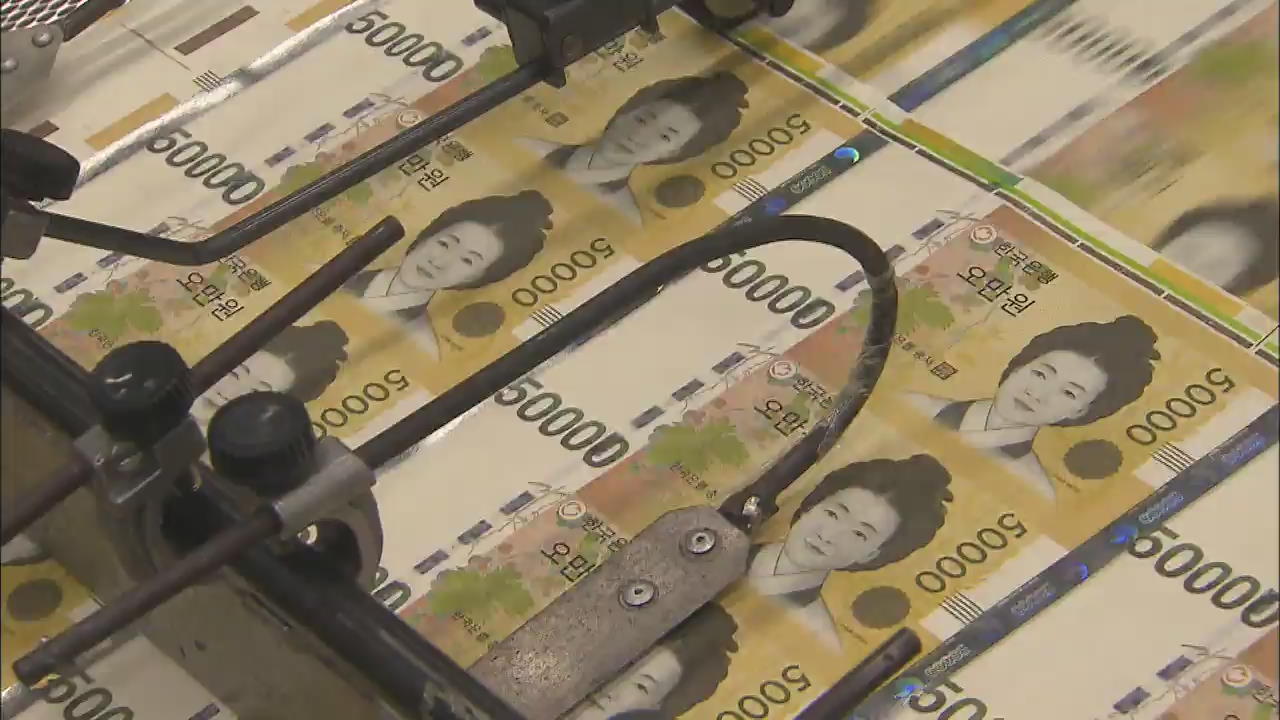
[Anchor Lead]
The government has earmarked more than six trillion won in additional funds to fight air pollution in the nation, and respond to the economic downturn. It's the third supplementary budget of the Moon Jae-in administration. The measure is aimed at reducing seven thousands tons of dust and boosting the nation's economic growth.
[Pkg]
The government has earmarked a supplementary budget of 6.7 trillion won. About 1.5 trillion won will go to fighting severe dust pollution in the nation. It's the largest budget set aside for a single environmental problem thus far. To reduce car emissions, the government will provide larger subsidies to more people who scrap old diesel cars or replace engines in construction machines. Also, funding will be provided for the installation of 63 dust measurement networks to enhance accuracy. Protective masks will be provided to some 2.5 million workers working outdoors, and air purifying equipment will be installed in welfare facilities and subway stations. About 700 billion won will go to improving wildfire response measures and renovating aged community facilities. The restoration cost for fire-stricken Gangwon-do Province, which has yet to be calculated, has not been included in the supplementary budget and is expected to rise when the National Assembly begins discussion. The remaining 4.5 trillion won, or two-thirds of the budget, will be spent on boosting the economy. This reflects the government's concerns about economic depression stemming from the lower global economic growth outlook and declining exports. Also, additional funds will be earmarked for expanding trade finance, investing in new industries such as 5G, and helping disaster-hit regions like the city of Pohang. One point eight trillion won will be used to tackle unemployment. Unemployment subsidies will be provided to 110,000 more people, and 30,000 more jobs will be created for elderly workers.
[Soundbite] LEE NAK-YON(PRIME MINISTER) : "The supplementary budget is intended for regions and people who need help, and for easing the economic downturn."
The budget will be created using state funds and 3.6 trillion won worth of government bonds.
The government has earmarked more than six trillion won in additional funds to fight air pollution in the nation, and respond to the economic downturn. It's the third supplementary budget of the Moon Jae-in administration. The measure is aimed at reducing seven thousands tons of dust and boosting the nation's economic growth.
[Pkg]
The government has earmarked a supplementary budget of 6.7 trillion won. About 1.5 trillion won will go to fighting severe dust pollution in the nation. It's the largest budget set aside for a single environmental problem thus far. To reduce car emissions, the government will provide larger subsidies to more people who scrap old diesel cars or replace engines in construction machines. Also, funding will be provided for the installation of 63 dust measurement networks to enhance accuracy. Protective masks will be provided to some 2.5 million workers working outdoors, and air purifying equipment will be installed in welfare facilities and subway stations. About 700 billion won will go to improving wildfire response measures and renovating aged community facilities. The restoration cost for fire-stricken Gangwon-do Province, which has yet to be calculated, has not been included in the supplementary budget and is expected to rise when the National Assembly begins discussion. The remaining 4.5 trillion won, or two-thirds of the budget, will be spent on boosting the economy. This reflects the government's concerns about economic depression stemming from the lower global economic growth outlook and declining exports. Also, additional funds will be earmarked for expanding trade finance, investing in new industries such as 5G, and helping disaster-hit regions like the city of Pohang. One point eight trillion won will be used to tackle unemployment. Unemployment subsidies will be provided to 110,000 more people, and 30,000 more jobs will be created for elderly workers.
[Soundbite] LEE NAK-YON(PRIME MINISTER) : "The supplementary budget is intended for regions and people who need help, and for easing the economic downturn."
The budget will be created using state funds and 3.6 trillion won worth of government bonds.
이 기사가 좋으셨다면
-
좋아요
0
-
응원해요
0
-
후속 원해요
0










![[HEADLINE]](https://news.kbs.co.kr/data/news/2019/04/25/4188042_10.jpg)
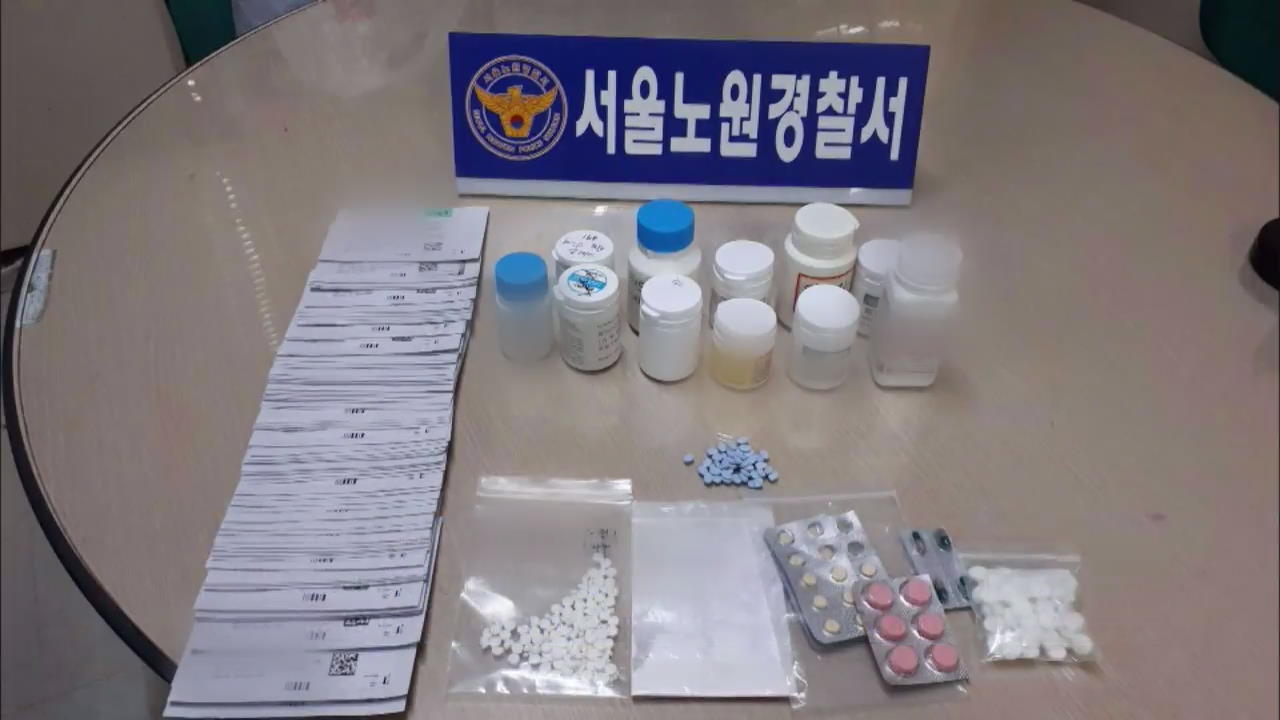
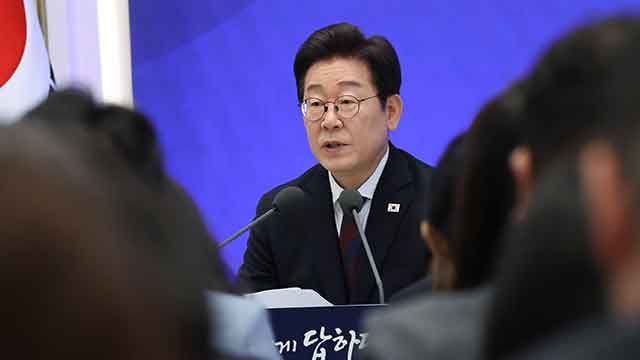
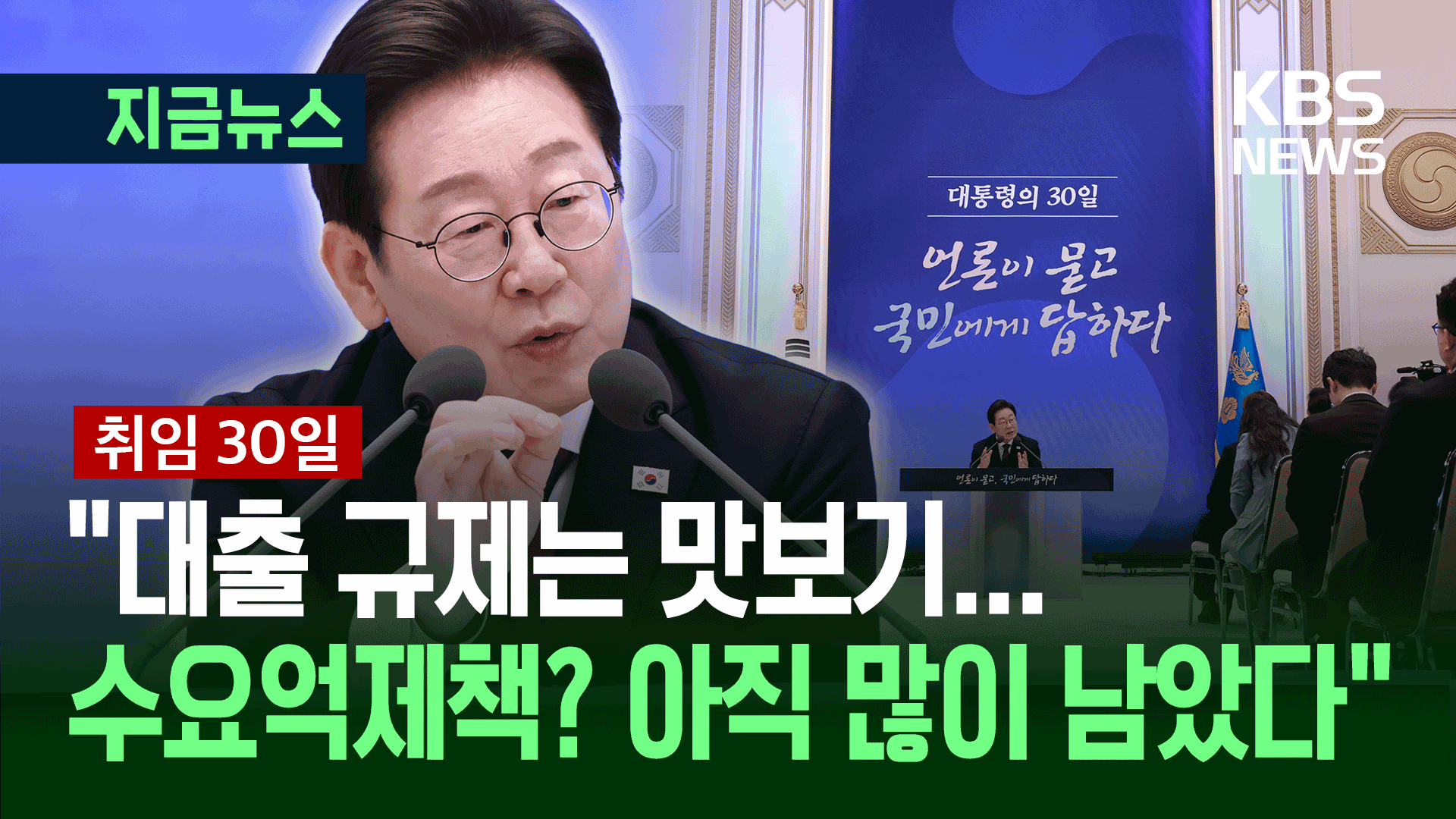
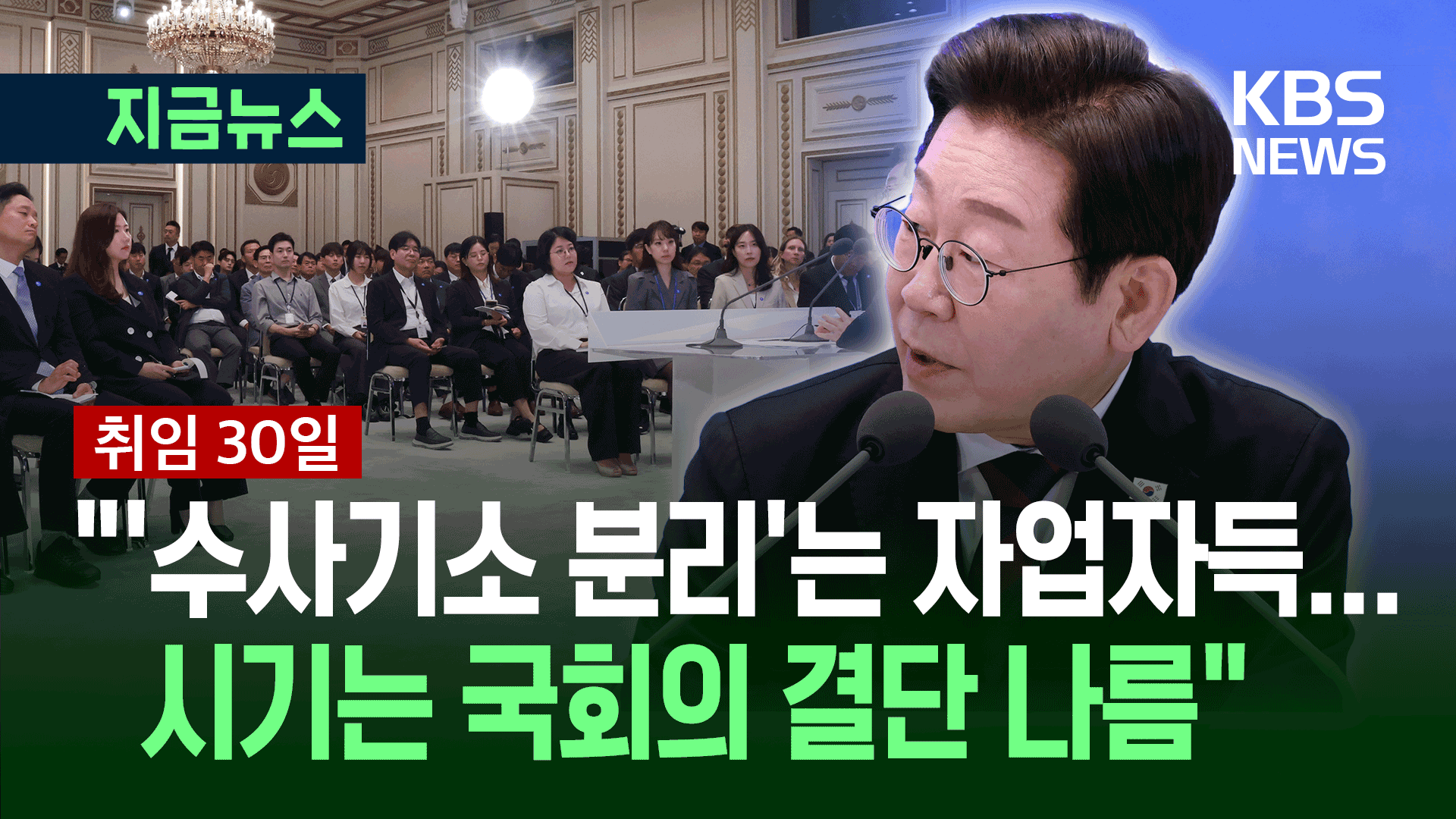
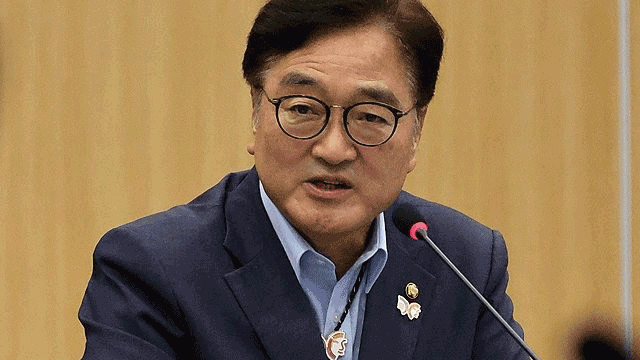

이 기사에 대한 의견을 남겨주세요.